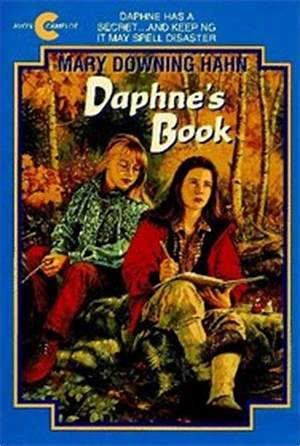

He can’t read music very well, and he can’t improvise. 8-12)īlack sixth-grader Jake Liston can only play one song on the piano.

Another solid and enjoyable performance from this popular, award-winning author. Meanwhile, the sampling of past mores is as entertaining as it is instructive, and each boy's well-drawn character is believably enriched by emulating the other to preserve his disguise.

Like Pearce's Tom's Midnight Garden, the pleasurably atmospheric story ends with Drew's reunion with now elderly people from the past the Missouri setting and neatly crafted, accessible plot make this a fine bridge to that British classic. Hannah, who taught Andrew his skill, now helps Drew to win so that he can return to his own time. Meanwhile, Andrew's life is saved, but - not sure he wants to switch back - he suggests a contest with the marbles he's hidden in the attic where the boys met. Drew finds himself in 1910, where he faces an adoring younger brother's disgust at his sudden wimpiness, observes tomboyish older sister Hannah's romance, scraps with obnoxious Cousin Edward, and gets routine (though not vicious) punishments with Andrew's father's belt. The gently reared Drew is timid Andrew's a prankster and a daredevil, as Drew finds after Andrew persuades him to trade places so that Andrew's diptheria can be cured by modern medicine. It's another boy, also named Andrew, also 12, and identical to Drew in appearance, though not in character. Staying with Great-Aunt Blythe in the ancestral home while his parents are on a dig, "Drew" - so called because his great-grandfather Edward abhors his full name - is immediately aware of a presence in the attic.


 0 kommentar(er)
0 kommentar(er)
